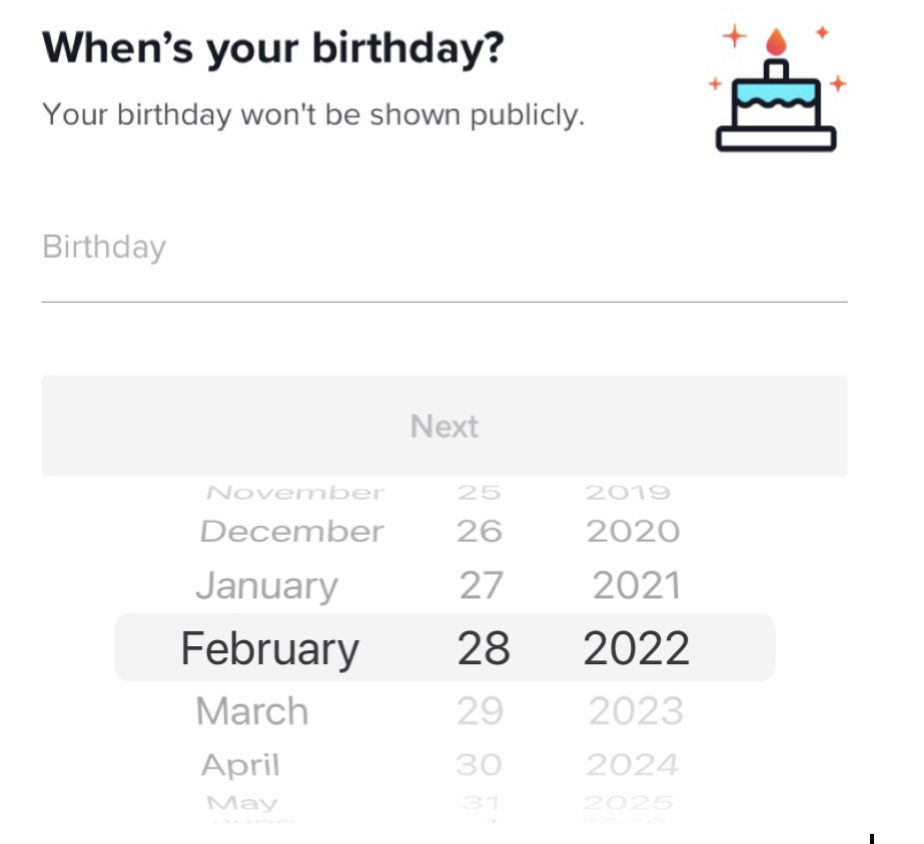Ohio bill proposes social media restrictions for minors
- Addison Maley

- Mar 15, 2023
- 3 min read
by Addison Maley
Staff Writer
The following story was written by a student on the staff of The Jaguar Times as part of Hilliard Bradley High School’s Journalism Production course.

Ohio Governor Mike DeWine is urging restrictions to social media for minors as part of his two-year budget proposal; most notably the Social Media Parental Notification Act, requiring parental consent for those under 16 to create new accounts.
DeWine’s 2023-2024 budget outlines billions in spending, focusing on child and family health. Social media is at the core of his concerns, proposing an ID or video-conference requirement for those over 16 to create accounts, or written consent from parents for those under 16.
Lieutenant Governor Jon Husted is heading the new initiative, emphasizing the negative effects of social media on children. He says, “It's pretty universally accepted that [social media] is not good for kids,” citing harm to brain development and social disorders. Protecting children and improving parental awareness are the primary goals of the DeWine administration.
Students under 16 are not fans of proposed restrictions on social media. Sophia Boyd (10) feels that “it’s unfair.” As a 15 year old who made Instagram and TikTok accounts years ago, Boyd says she “[loves] social media,” and she does not think it would “be any different if I waited.” To Boyd, social media offered connectedness to others and the outside world. Konstantine Smith (10) shares similar sentiments, “I made my [accounts] when I was like 14, and I feel like I was mature about it.” Though she notes it may be different for others. She feels like restrictions “under 16 [are] doing too much,” and most children older than 13 can handle it. The current age restriction on most social media platforms is 13, and it appears this is a happy medium for underclassmen.
Despite some negative reactions, professionals feel otherwise. Psychology teachers Mrs. Waller and Mrs. Cady find the bill scientifically sound based on recent studies. Cady says, “research shows social media is detrimental to all people, especially minors.” They would likely see a “decrease in depression, anxiety, and suicide” if the bill is passed. Waller agrees, “studies show that the way our brain develops, kids who are 16 or even 18, [their] frontal lobes are not developed enough to make good choices.” When children’s accounts go unmonitored, “social media presents a lot of opportunities to make bad choices,” Waller adds. While posts, comments or stories may seem rational to a teenager, their brain is not developed enough to truly understand the significance it could hold in the future.
Students over 16 are more supportive of restrictions. Molli Patterson (11) is 17, and thinks an age limit “would be helpful for younger kids to help them stay safe,” especially considering many create accounts “without understanding the risks.” Patterson shares concerns about her younger sister’s exposure to social media, as well as “parents that aren’t able to fully monitor their children.” Despite parents’ best efforts, it’s becoming increasingly difficult to keep tabs on their children’s online interactions.
Husted’s aim is not to “substitute [his] judgment for other parents,” but rather to ensure “[parents] will have to decide what limitations they want for their children.” Many children make social media accounts without their parents’ knowledge or an understanding of potential dangers the apps pose. Husted hopes new restrictions would allow parents to be more informed about what their children are exposed to online, as well as how much access they would have to it. Cady adds, “parents have to be aware, but it’s hard.” Children have grown up around technology, and it doesn’t require much thought for them to bypass restrictions. Though “the concept is based on solid evidence and psychology,” she predicts “it’d be hard to enforce.” Kids are able to work around existing age-verification systems, making her doubt the efficacy of future programs.
Though students are divided on the bill, all ages anxiously await Ohio’s decision on it. The struggle between teenage independence and parental control is age-old, but the Social Media Parental Notification Act aims to make the conflict a bit safer.
%20(1920%20x%201080%20px)_edit.jpg)



Comments